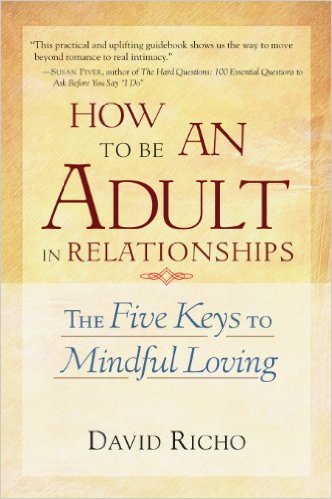
WEIGHT: 52 kg
Breast: 3
1 HOUR:30$
NIGHT: +60$
Services: Striptease, Golden shower (in), Sex anal, Sex oral without condom, Gangbang / Orgy
In addition to these social developments, morale is also the key element of the 18th-century aesthetic discussion since arts and literature aim at transforming uneducated masses into responsible and mature citizens who are able to tell right from wrong, and therefore make useful members of society. In fact, contemporary debates show that there is no simple answer to the question of morale in the 18th century itself.
On the contrary, the need to include morale into every aspect of life causes a number of problems. For example, it remains unclear what specific measures are to be taken in order to facilitate the moral education of the people. In the early 18th century, most scholars choose a rational approach. During the 18th century this rational approach draws more and more criticism. Now, having an explicit morale at the end of a literary text is even considered hurtful to the goal of making the reader a better person — not only because reality is too complex to capture everything a person has to know in a single sentence, but also because a mature audience, the one the Enlightenment wants to create, will not appreciate being spoken to as children who know nothing of the world.

Once the discussion reaches this point, of course, even more attempts are made to solve the conflict. People read moral weeklies and find joy in extending and constantly questioning their faculties of judgment. Behaving morally is a requirement for anyone who wants to be part of society; critique becomes a matter of public interest.
For this reason moral judgment is seen to be a predicament of critical judgment as such, so aesthetic education becomes a relevant basis of moral schooling. This story illustrates that morality is something one is born with and faces the danger of being lost in the course of civilization. The reason for this is primarily that the 18th century aims to make access to moral discussion available for a great amount of people.

The Annual Conference of the German Society for Eighteenth Century Studies DGEJ wants to provide scholars in relevant fields with the opportunity to take the importance of morale during the 18th century seriously, and initiate an intense ongoing discussion about the complexity of the phenomena which we believe will prove to be extremely fruitful for future studies. The following eight sections offer suggestions and potential research questions to inspire proposals for the conference.

































